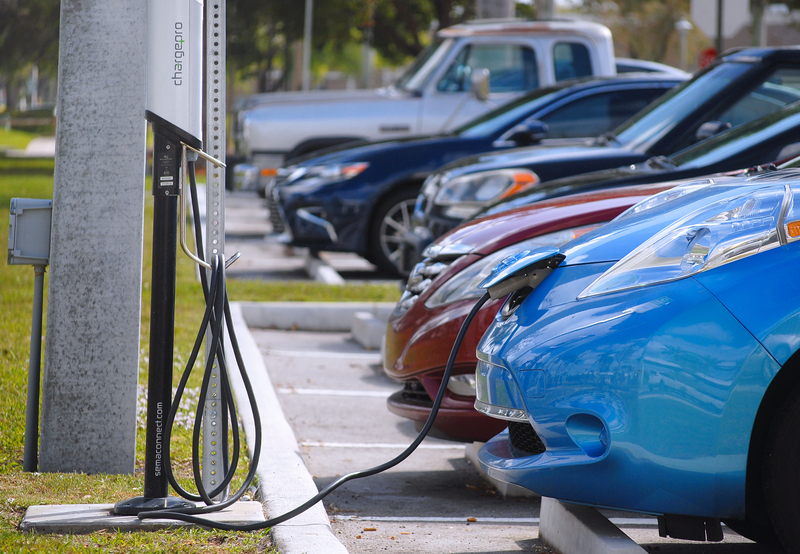TRENTON, NJ — You made it to the Jersey Shore and battled traffic delays, backups, and probably some pretty bad drivers on the roads.
Now that you’re here? Now what?
You’re about to find out there aren’t as many charging stations at the Jersey Shore as in New York City, North Jersey, and Philadelphia.
New Jersey is steering towards a greener future under Governor Phil Murphy’s directive to ban the sale of new gasoline-powered cars by 2035. This bold move is part of the state’s broader agenda to address climate change and shift to sustainable energy sources.
The new regulations, dubbed the “Advanced Clean Cars II” rule, will require that by 2035, all new light-duty vehicles sold in New Jersey must be zero-emission.
This initiative is not unique to New Jersey; it follows similar actions taken by states like California and is aimed at reducing the significant climate pollution caused by vehicle emissions, which account for a major portion of New Jersey’s total emissions.
Currently, electric vehicles (EVs) represent about 12% of new vehicle sales in the state, signaling a growing shift towards greener transportation options.
However, the transition to electric vehicles brings its own set of challenges, particularly in terms of infrastructure and cost. One major concern is the adequacy of EV charging stations, especially in popular destinations like the Jersey Shore. With the current infrastructure, visitors might find it difficult to locate sufficient charging options, which could dampen travel plans or lead to longer trips as drivers stop to recharge.
The cost of electric vehicles and their maintenance, including the high price of replacing batteries, adds another layer of complexity to this transition. Electric cars generally come with a higher upfront cost compared to traditional gasoline vehicles, though they offer savings on fuel and maintenance in the long run. However, the potential need to replace an EV battery, which can be a significant expense, is a consideration that new buyers must keep in mind.
As New Jersey pushes forward with its green energy agenda, these issues highlight the need for careful planning and consideration of all stakeholders to ensure that the transition is smooth and equitable. The state’s leadership is optimistic that these steps will pave the way for a healthier environment and a sustainable future, but it will require the cooperation of consumers, industry, and government at all levels.

